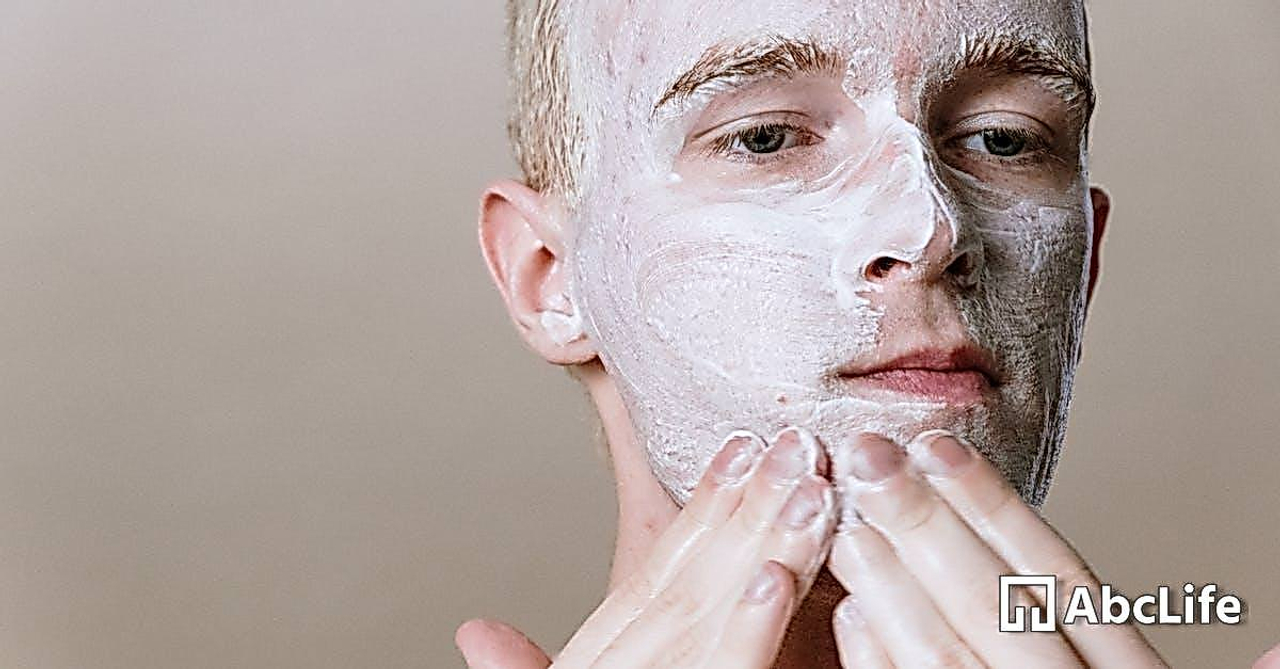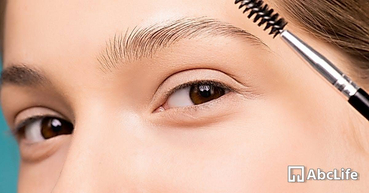It takes more than a little pampering to keep your skin healthy and glowing. Consistent effort and a lifelong commitment to proper skin care are required. If you're looking for simple habits to help you achieve a healthy complexion, look no further! We've put together a list of five daily skin care rituals that will help you achieve the best results. These tips, which range from cleansing to moisturizing, are simple and effective, and can be easily incorporated into your daily routine. Continue reading to learn more about these simple habits that will assist you in attaining and maintaining healthy skin.
Cleansing Your Skin Properly

Cleansing is the cornerstone of good skin care. It aids in the removal of dirt, oil, and other impurities from the surface of your skin. However, it is critical to properly cleanse your skin to avoid over-drying or aggravating it with harsh ingredients.
Begin by selecting a cleanser that is appropriate for your skin type. Choose a gentle, cream-based cleanser free of harsh chemicals and fragrances for dry or sensitive skin. Choose a foaming or gel-based cleanser with salicylic acid or benzoyl peroxide for oily or acne-prone skin to help control excess oil and prevent breakouts.
Use lukewarm water and gentle circular motions to massage the cleanser into your skin when cleansing it. Hot water can strip your skin of its natural oils, so avoid using it. After thoroughly rinsing, pat your skin dry with a clean towel. To keep your skin hydrated and balanced, use a toner and moisturizer after cleansing.
Exfoliating to Reveal Fresh Skin

Exfoliation is a necessary step in any skincare routine because it removes dead skin cells and unclogs pores. When done correctly, it can make your skin appear brighter, smoother, and younger. Exfoliation can be classified into two types: physical and chemical. Physical exfoliation entails physically removing dead skin cells from the skin's surface with a scrub or brush. Chemical exfoliation entails dissolving the bonds between dead skin cells with products containing acids or enzymes.
When exfoliating, it's critical to use a gentle product that won't irritate your skin. Products containing harsh ingredients, such as walnut shells or apricot kernels, should be avoided because they can cause micro-tears in the skin. Look for products with gentle exfoliants, such as jojoba beads or alpha-hydroxy acids (AHAs). It's also important not to exfoliate too much, as this can cause irritation and inflammation. For most skin types, 2-3 times per week is sufficient.
Applying a Toner for Added Benefits
Many people believe that toners are unnecessary in their daily skin care routine, but they can actually benefit your skin in a variety of ways. Toners not only help to remove any dirt or oil that was missed during cleansing, but they also help to balance the skin's pH level, which is typically between 5.5 and 6.5.
Toner can also hydrate and soothe the skin, making it feel softer and more radiant. Toners containing specific ingredients like witch hazel or salicylic acid can also target specific skin concerns like acne or oily skin. Using a cotton pad to apply the toner can also help to gently exfoliate the skin, removing dead skin cells and promoting cell turnover.
Nourishing Your Skin with a Serum
If you're looking for a way to nourish your skin, incorporating a serum into your daily skincare routine can help. Serums are liquids that are lightweight and quickly absorb into the skin, delivering concentrated active ingredients. You can boost the benefits of your other skincare products and protect your skin from environmental damage by applying a serum to your skin after cleansing and before moisturizing.
Hyaluronic acid, vitamin C, and antioxidants are common ingredients in the best serums for nourishing your skin. Hyaluronic acid improves the appearance of fine lines and wrinkles by plumping and hydrating the skin. Vitamin C is an extremely potent antioxidant that can brighten, firm, and even out skin tone. Green tea extract and vitamin E, for example, can help protect the skin from free radicals, pollution, and UV rays.
Moisturizing to Hydrate and Protect
Moisturizing is an important part of any daily skin care routine. It not only hydrates the skin but also protects it from harmful environmental factors like pollution and UV rays. Skin that is properly hydrated appears plump, soft, and glowing. When it is deficient in moisture, it can appear dull, dry, and flaky. This is where moisturizing becomes essential.
Moisturizers work by capturing moisture in the skin and preventing it from evaporating into the environment. They form a protective barrier on the skin's surface, locking in moisture and keeping the skin supple and smooth. We can improve the texture of the skin, reduce the appearance of fine lines and wrinkles, and maintain its natural barrier function by keeping it moisturized. Moisturizer should be applied twice a day, after cleansing and toning the skin, for best results. Look for a moisturizer that is appropriate for your skin type and contains moisture-retaining ingredients such as hyaluronic acid, glycerin, and ceramides.
Protecting Your Skin from the Sun
UV rays from the sun can cause skin damage in as little as 15 minutes. Prolonged UV ray exposure can result in wrinkles, age spots, and even skin cancer. As a result, it is critical to take the necessary precautions to protect your skin from the sun on a daily basis.
To begin, limit your time in the sun between 10 a.m. and 3 p.m. and 4 p.m. - when the sun's rays are at their peak. Wear protective clothing, such as long-sleeved shirts, pants, and wide-brimmed hats, if you must be outside during these hours. Second, even on cloudy days, liberally apply a broad-spectrum sunscreen with an SPF of at least 30 to all exposed skin. Reapply sunscreen every two hours, or more frequently if you're swimming or sweating. Third, avoid indoor tanning, which can be just as damaging to your skin as natural sunlight. Finally, keep an eye on your skin for any changes, such as new moles or spots that could indicate skin cancer, and consult a dermatologist if you notice anything suspicious.
By taking these simple steps, you can protect your skin from the sun's harmful UV rays and keep it looking healthy and youthful for years to come.











